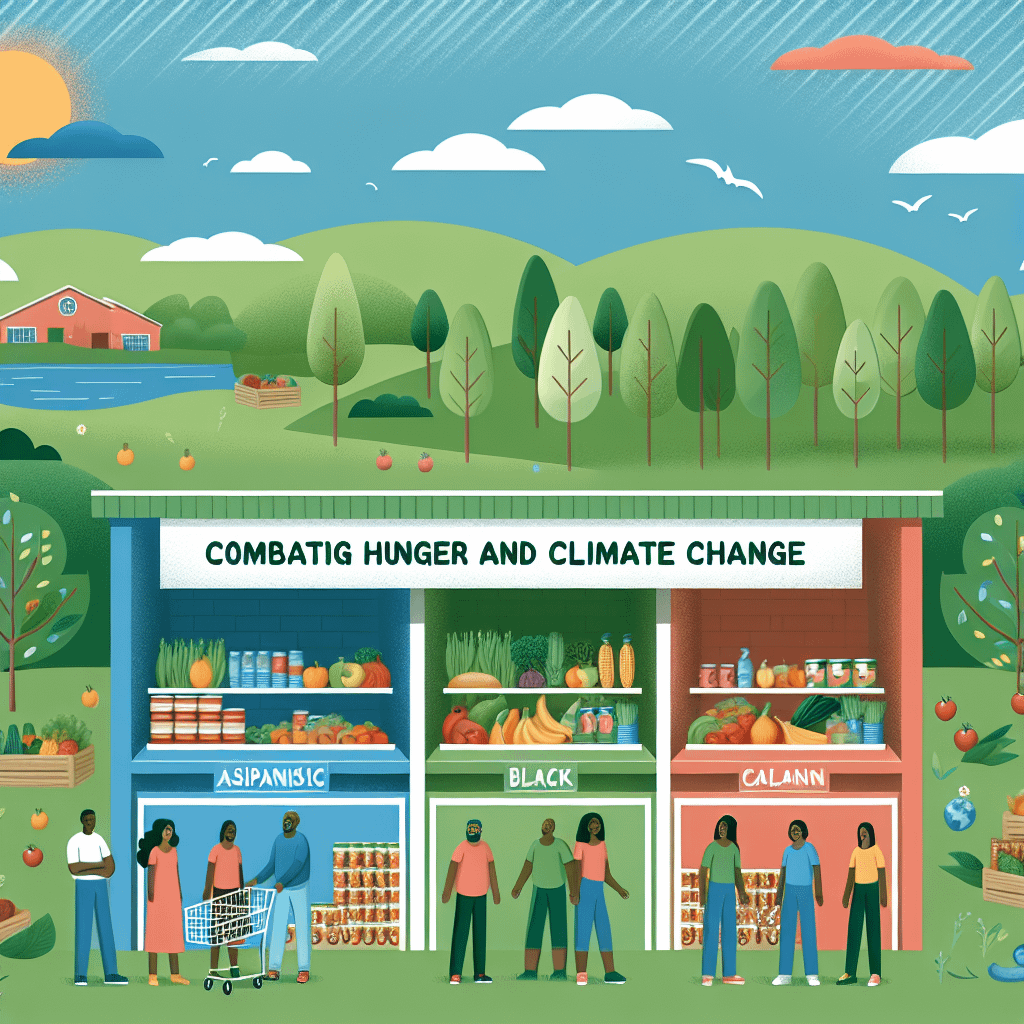Uncovering the Impact of Food Banks in Addressing Hunger and Alleviating Climate Change Effects, Along with the Food System Results of COP29
As we continue to face the pressing issues of hunger and climate change, it is crucial to explore the role of food banks in tackling these challenges. Not only do food banks provide essential support to those in need, but they also play a significant role in mitigating the impacts of climate change. In addition, the outcomes of the 29th Conference of the Parties (COP29) on food systems are worth examining in this context. In this article, we will delve into these topics from various perspectives, incorporating the latest information and relevant data to provide a comprehensive and engaging read.
The Role of Food Banks in Combating Hunger
Food banks have long been recognized as a vital resource for addressing hunger. These charitable organizations collect and distribute food to individuals and families who are struggling to afford basic necessities. In the face of rising food insecurity, food banks have become even more crucial in providing immediate relief to those in need.
Moreover, food banks also play a crucial role in reducing food waste. In developed countries, it is estimated that around one-third of all food produced is wasted, while millions of people go hungry. Food banks help bridge this gap by rescuing surplus food from retailers, restaurants, and farms, and redistributing it to those in need. This not only helps combat hunger but also has a positive impact on the environment by reducing greenhouse gas emissions from food waste.
The Role of Food Banks in Mitigating Climate Change Impacts
In addition to addressing hunger, food banks also have a significant role in mitigating the impacts of climate change. As the effects of climate change continue to worsen, food insecurity is expected to increase, particularly in developing countries. Food banks can help alleviate this by providing emergency food assistance during natural disasters and other climate-related events.
Furthermore, food banks also promote sustainable food practices by educating and encouraging individuals and communities to reduce their carbon footprint. By promoting the consumption of locally sourced and seasonal foods, food banks can help reduce the environmental impact of food production and transportation.
Food System Outcomes of COP29
The 29th Conference of the Parties (COP29) on food systems, held in 2021, aimed to address the challenges of food insecurity and climate change through sustainable food systems. The outcomes of this conference highlighted the importance of food banks in achieving these goals. The conference recognized the role of food banks in reducing food waste, promoting sustainable food practices, and providing emergency food assistance during climate-related events.
Moreover, COP29 also emphasized the need for collaboration between food banks and other stakeholders, such as governments, businesses, and NGOs, to create a more resilient and sustainable food system. This collaboration can help address the root causes of food insecurity and climate change, rather than just providing temporary relief.
In conclusion, food banks play a crucial role in addressing hunger and mitigating the impacts of climate change. As we continue to face these challenges, it is essential to recognize the importance of food banks and support their efforts in creating a more sustainable and equitable food system. Let us work together towards a future where no one goes hungry, and our planet is protected for generations to come

